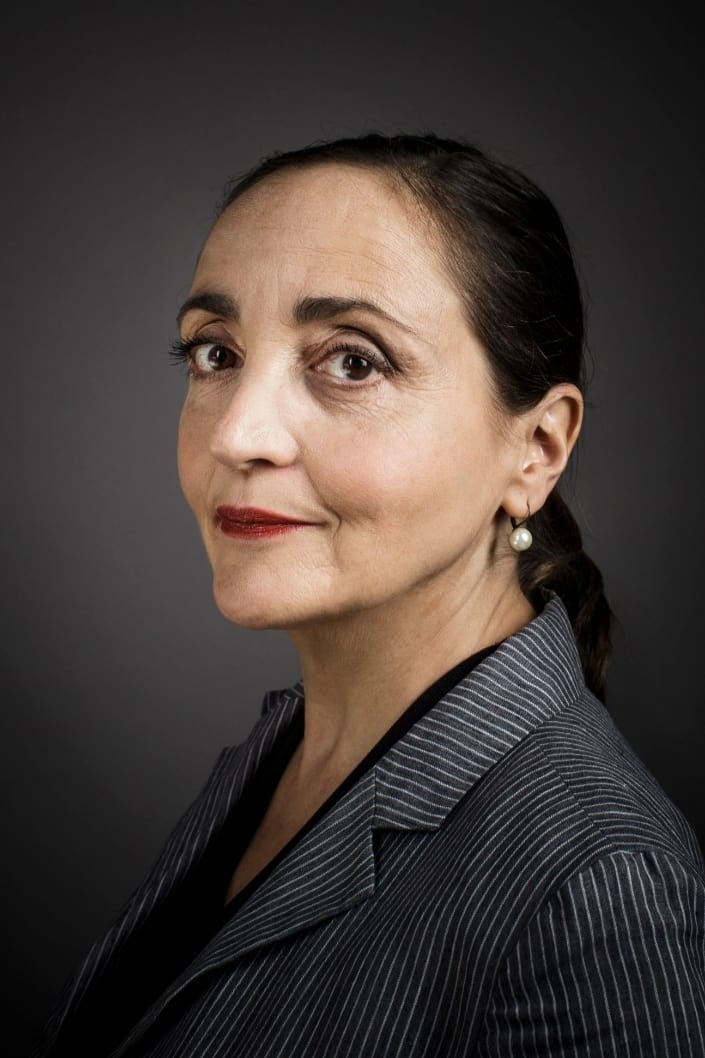
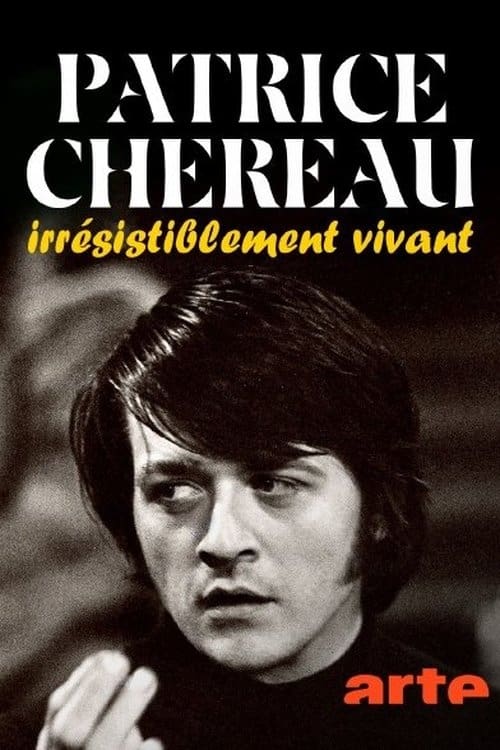
A biography of creative prodigy Chéreau who ran his first theater aged 22 and went on to fascinate audiences with innovative stage productions and haunting movies, as witnessed by many of his collaborators.

In a luxurious seaside villa, a modest young woman finds herself in the company of a strange family : an unknown and wealthy father, his extravagant wife, his daughter, an ambitious woman, a rebellious teenager, and their creepy maid.
![Syndrome [E]](https://image.tmdb.org/t/p/original/d1KLA95GTR0WbG9dXe4JF1LRy3Z.jpg)
He is Franck Sharko, a crabby cop at the end of his rope. She is Lucie Henebelle, a lieutenant on the anti-crime squad obsessed with evil. Sharko and Lucie investigate top-secret scientific experiments and programs.
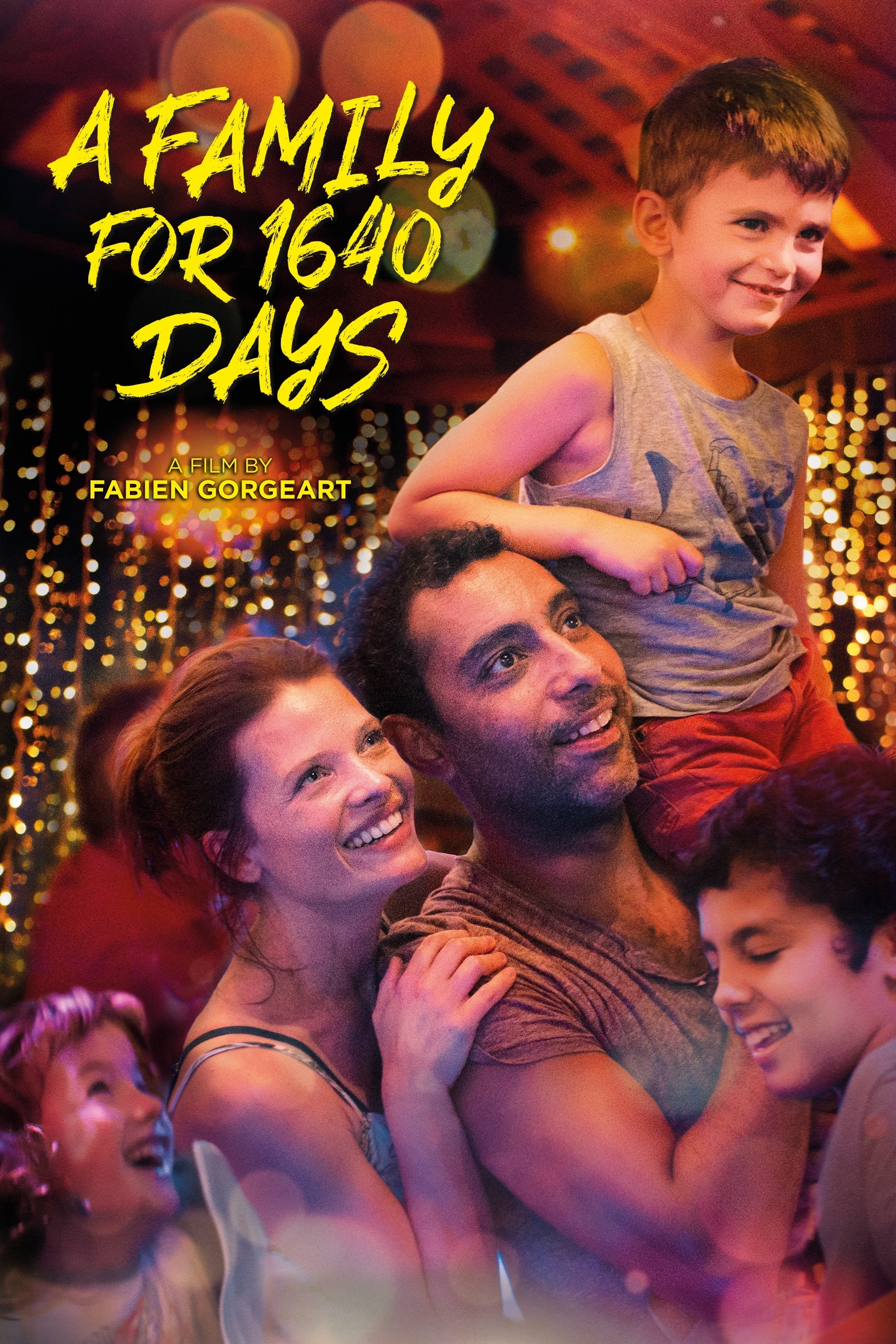
Anna happily lives with her husband, their two boys, and Simon, 6 years-old, who was placed with her by the Social Care services when he was only 18 months. When Simon’s father decides that he is ready to take his son back with him, the family’s balance is at stake. Anna is torn apart: how could she possibly let go a of child who has always called her ‘Mom’?
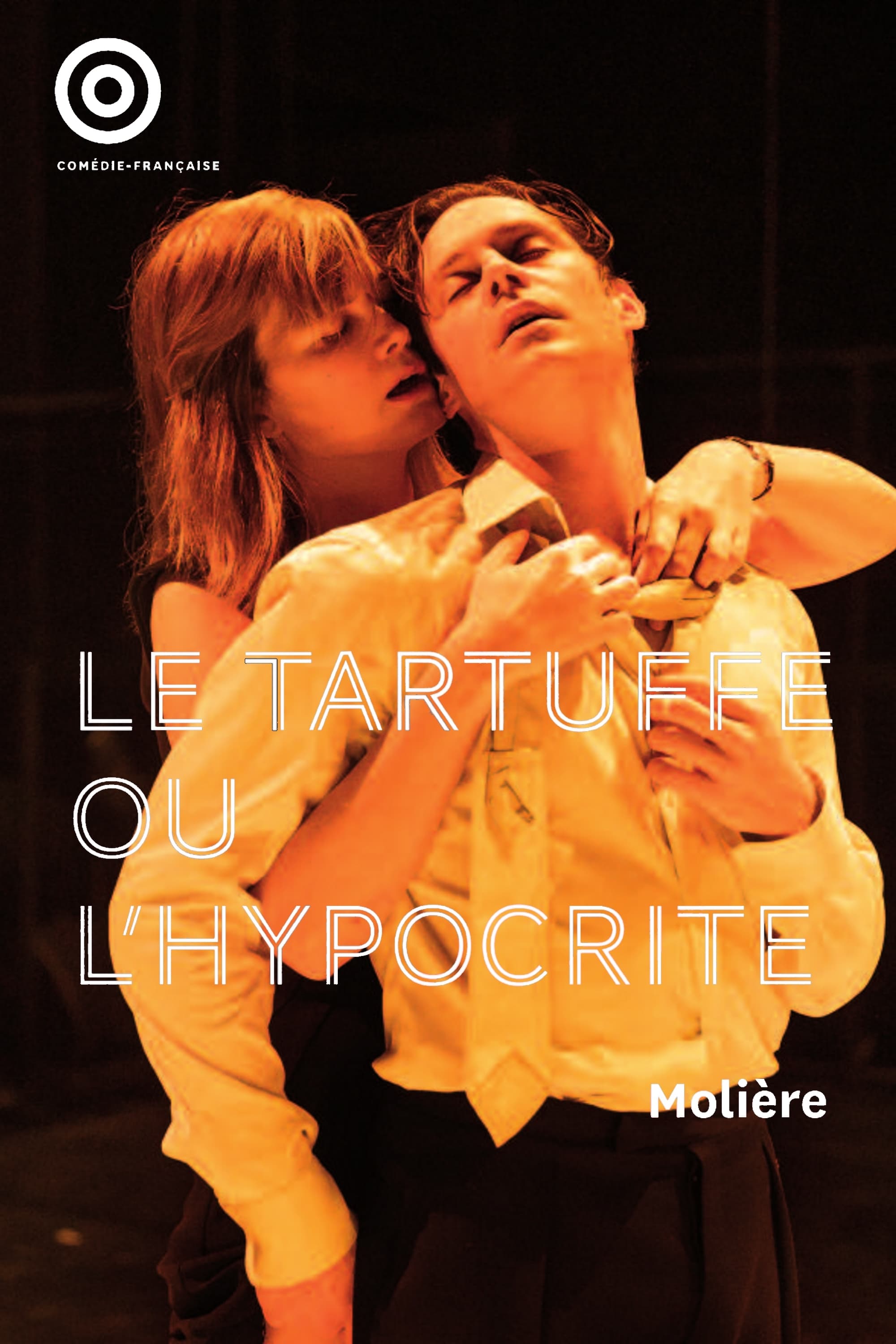
On the occasion of the 400th anniversary of Molière’s birth on 15 January 2022, Ivo van Hove reunited with the Troupe for their third collaboration, a production of Le Tartuffe ou l’Hypocrite, the original version in three acts, banned at its premiere in 1664 and reconstructed thanks to the work of ‘theatrical genetics’ overseen by Georges Forestier and Isabelle Grellet.
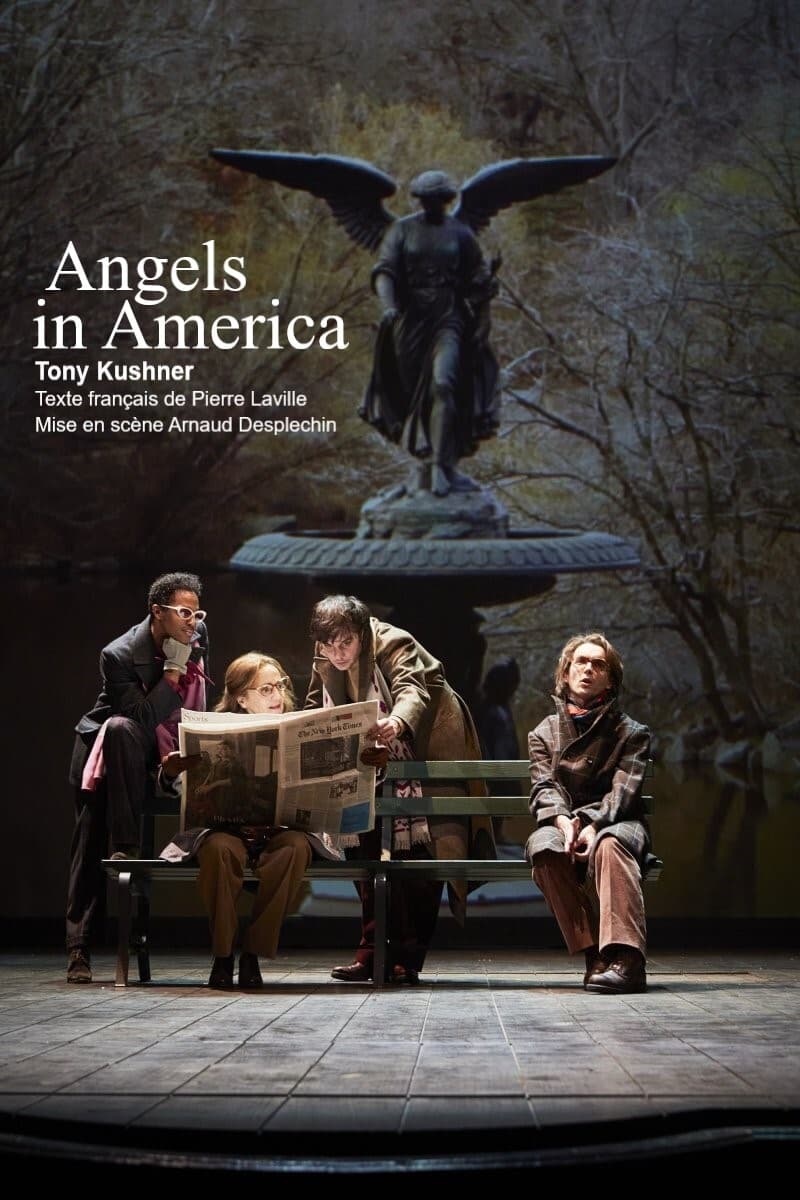
New York, 1985. Against the backdrop of AIDS - divine punishment inflicted on gays according to puritan America -, angels, who epilogue on the emptiness of the American dream, cross paths with the ghost of the spy Ethel Rosenberg, separating lovers and destitute patients. Prior, suffering from the AIDS virus, loves Louis who is about to leave him. Roy Cohn, man of power, Jewish and homosexual lawyer, anti-Semite and homophobe, lives in denial of his HIV status. Harper takes refuge in drugs to soften her married life with Joe, whose uncertain sexuality clashes with well-established religious beliefs. Following the cancellation of "Angels in America"performances due to the health crisis of 2020, the project became a TV movie: "Angels - Salle Escande" is shot in the privacy of rehearsals.

Paris, summer 2020. Actors from “la Comédie-Française”, France’s most prestigious theater, rehearse Christophe Honoré’s new play, an adaptation of Marcel Proust’s “The Guermantes Way”. When the show is suddenly canceled, the drama group decides to go ahead with it anyway, in the name of art and for the joy of acting together.
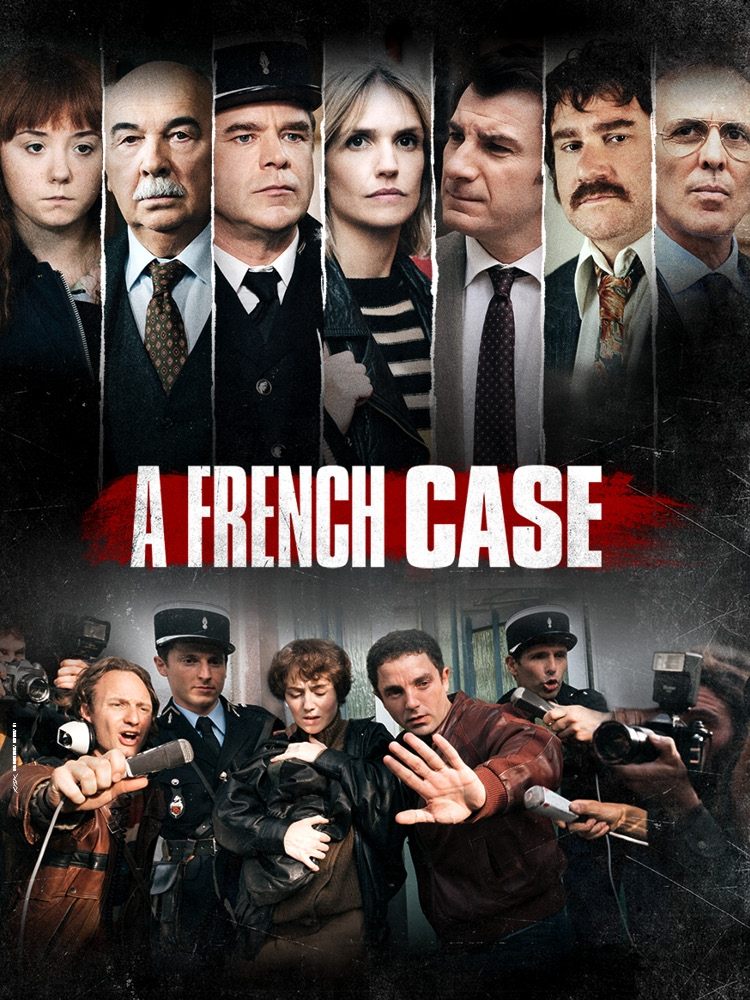
When four-year-old Gregory is murdered, his devastated parents, the police and the judiciary are tested to their limits.
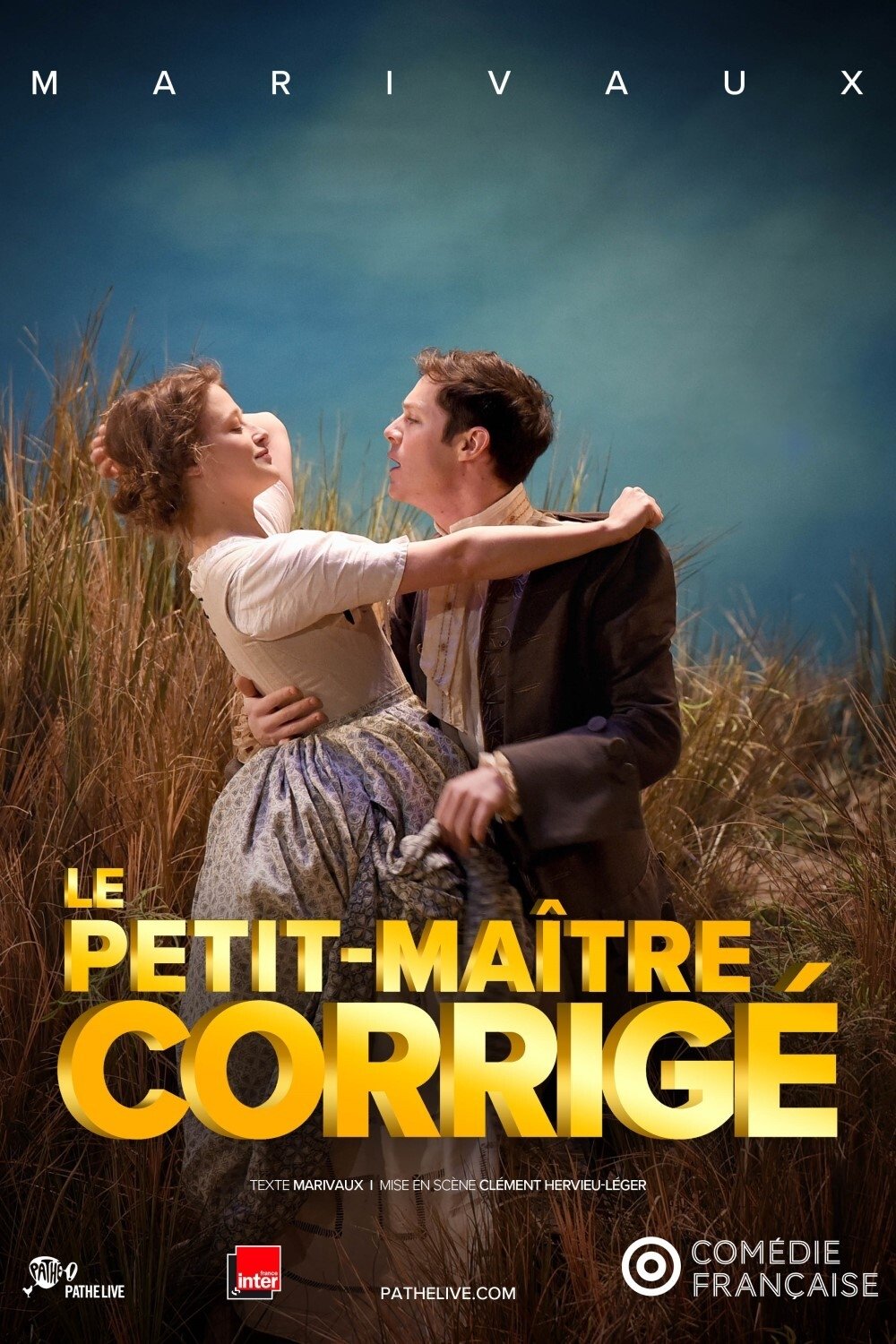
Le Petit-Maître corrigé is a three-act romantic comedy by French playwright Marivaux. It was first performed on November 6, 1734, by the Comédie-Française in Paris. In this production Clément Hervieu-Léger makes the eighteenth century resonate with our era, all the more so given that the language is “simpler than in other Marivaux plays, while still as refined, precise and full of humour”. The story is that of a young Parisian whose parents have found a good match for him, a count’s daughter. But when he goes to visit her in her country home, the handsome boy – whose Parisian manners are far removed from the rules of decorum that reign in the provinces – cannot open his heart to his lovely intended. Stung, the latter decides to punish his arrogance while a former lover arrives to prevent the marriage. Between the alliance of master and manservant, and the complicity of mistress and maid, a romantic intrigue ensues full of light-hearted conspiracies and feverish emotions.
From Wikipedia, the free encyclopedia Dominique Blanc (born 25 April 1956) is a French actress. She was trained at the French Drama school, Cours Florent. In 1980, at the suggestion of Pierre Romans in whose class she was, Patrice Chéreau went to see her and engaged her for a performance of Henrik Ibsen's Peer Gynt. She remains one of Chéreau's preferred actresses. One of the most critically acclaimed French actresses, Blanc has won four César Awards. One for Best Actress in 2000 for Stand-by (fr) and three for Best Actress in a Supporting Role: in 1990 for May Fools (Milou en mai), in 1992 for Indochine and in 1998 for Those Who Love Me Can Take the Train (Ceux qui m'aiment prendront le train) and has been nominated four more times. On 6 September 2008, she won the Volpi Cup for Best Actress at the 65th Venice Film Festival.
By browsing this website, you accept our cookies policy.